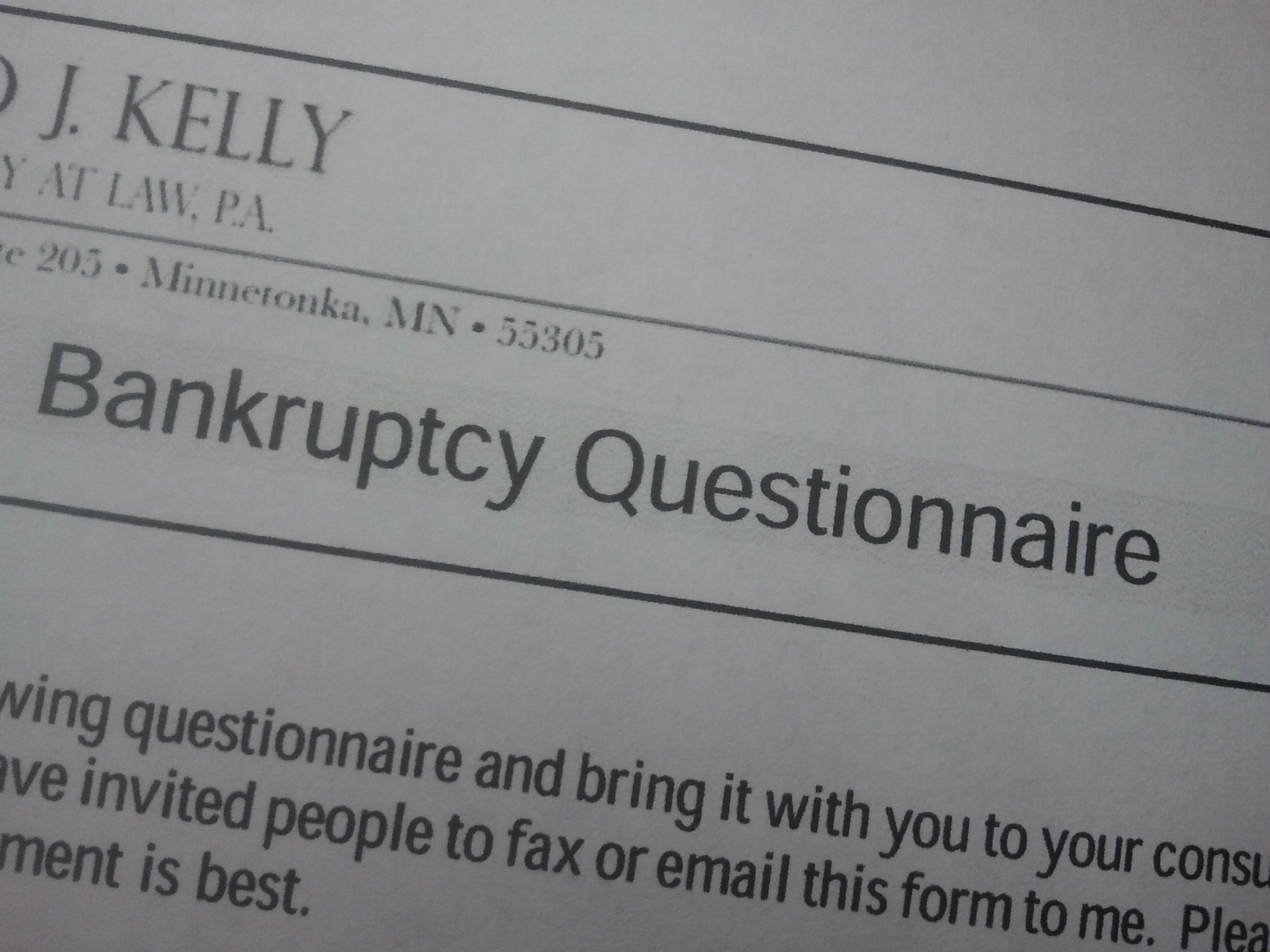A vacation timeshare can become like a stone around your neck. I would say if you are thinking of getting one, don’t.

A while back I heard from some people I had done a Chapter 7 bankruptcy for in 2006. After hearing nothing for years, out of the blue they were being sued for dues and maintenance fees by a timeshare company. The vacation timeshare was owned at the time of filing the bankruptcy. My clients were asking me the obvious questions: Wasn’t that taken care of when we filed the bankruptcy? How can they be suing us now?
Timeshares are unusual animals and a bankruptcy discharge might not apply to the maintenance fees and ownership association dues which accumulate AFTER the filing of the bankruptcy. Any fees owing from before the filing of the bankruptcy would, however, ordinarily be discharged.
When it comes to fees which accumulate after the filing, the reason they might not be dischargeable is a provision among those that Congress added to the bankruptcy code in 2005, Section 523 (a) (16). If you go here you can see it, just scroll down to (16). This was written mostly to apply to condo and homeowner association fees, but it also says “in a share of a cooperative corporation … for as long as the debtor or the trustee has a legal, equitable, or possessory ownership interest in such unit, such corporation or such lot …”
Some timeshares involve real estate ownership and are a version of a condominium or townhouse setup. Others are cooperatives that own the property and the customer gets a membership in the coop. If you have either of these, you are probably liable for the fees which are accumulated AFTER the bankruptcy filing and continue to accumulate until you are no longer an owner. This is or can be a terrible spot to be in, because many of these places have quit trying to take back the units when they are not being paid for. Most of them are worth little or nothing and can’t be sold. A timeshare owner might be stuck with it indefinitely.
However, if you merely have a contract that gives you a license to use the facilities during a certain time, without any sort of ownership of the property, then liability for the fess would probably not continue after the bankruptcy filing. The bankruptcy should kill it for good. So exactly how the timeshare is set up makes a big difference. I have looked over many stacks of timeshare documents, some of them even in foreign countries. Those papers tend to be very hard to wade through, very hard to figure out. I can read and write, and I even went to law school, but sometimes it can be hard to figure which category a certain timeshare setup belongs in.
If you have a timeshare of any kind and are considering bankruptcy, be sure to tell your lawyer all about it. If you can sell it before filing the case, you probably should. Make your best effort to figure out whether it has a market value and what that is. Provide your lawyer with all the paperwork you may have about it. Make sure it is properly listed and properly described in your bankruptcy petition, and make sure that whoever is running the organization gets notice of your bankruptcy filing.
Then cross your fingers, hold your breath, or better yet – pray a lot. Hope the darn thing goes away.
As with any other financial matter, if you are considering a bankruptcy, don’t make any serious moves without consulting your attorney first.
This post is for general information purposes only and is not legal advice. It does not create an attorney-client relationship. If you need legal advice, please consult the attorney of your choice.







